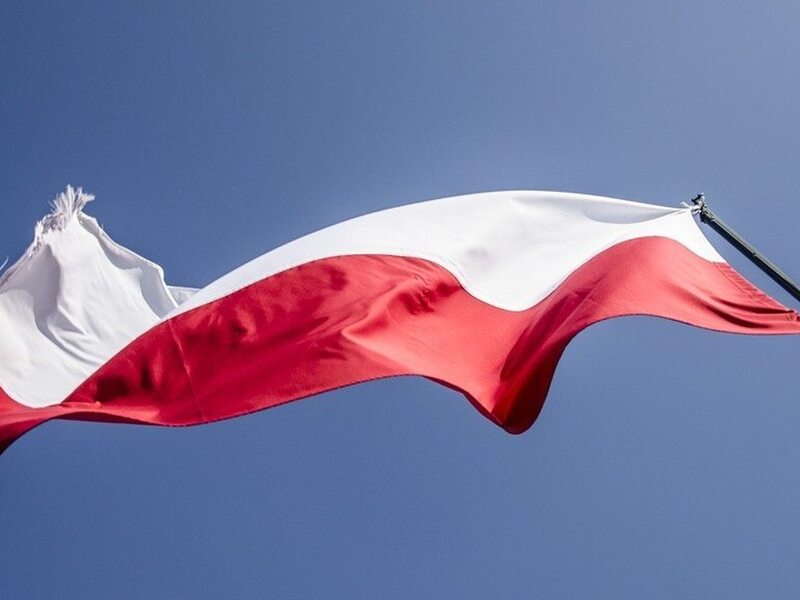
Well, it was not the best day in the history of our country. So on December 31, 1530, almost five centuries ago, something happened that was rare, because we usually won battles and wars with Wallachia/Moldova, but then we lost exceptionally with Khotin.
And yet, Chozim is brilliantly associated with Polish history because it is associated with the great battle that took place almost a century later between the armies of the Polish-Lithuanian Commonwealth, commanded by one of the most important commanders in our history, Hetman Jan Karol. Chodkevich and the Turkish army under the command of Sultan Osman II. We defeated the Turks, which ended in a favorable treaty for the Polish side, of course, many people considered the battle of October 9, 1621 as a clash not only between Poland and Turkey, but also between Christianity and Islam. Moreover, Hetman Chodkevich died during this month-long battle, which lasted from September 2, and before his death he handed over the command to Stanislav Lubomirski.
Moreover – and all these things are connected to each other – Moldavian farming and Wallachian farming were on the side of the Turks…
But let's go back to December 31. Exactly 333 years have passed since the first defeat against the Moldavians in the Battle of Chocim and on December 31, so much so that we lost to the Russians in the Battle of Ossova in the January Uprising of 1863.
Add to this the Russian attack on the last day of 1770 on Yasna Hill, which was defended by the troops of the Bari Confederacy (the Russians were commanded by Colonel Ivan Drevich).
However, it is also a date associated with the effective resistance of the Polish underground state during the German occupation. On the last day of 1942, as part of the operation code-named “Action New Year”, the Directorate of Sabotage, or KEDYW of the Warsaw Home Army, destroyed the intercity tunnel in Warsaw and the railway viaduct in the occupied capital as well. Germans, specifically in Vola.
December 31 is also a date in the history of Polish martyrdom, because on the last night of 1944 and the beginning of 1945, the genocide of Poles took place at the hands of the Ukrainian Insurgent Army (UPA) in Uhrinkovce, Zaleschik District. About 150 of our compatriots died then. Of course, I perfectly understand that we now support our eastern neighbor in the war against Russian imperialism, but this does not relieve us of the obligation to remember those who died at the hands of Ukrainians during the Second World War and even after it. Because they were Poles.
Interestingly, this was also a very important day in the history of Polish aviation. On December 31, in three different years: 1958, 1969 and 1980, pioneering flights of Polish gliders were made. Starting from “Zephir” through “Cobra” to “Junior”.
It is also a special day in the history of many Polish cities that received city rights on that day. These were: Ustroń, Karpacz, Szklarska Poręba, Karczew and Zielonka near Warsaw, and Nowa Dęba, Pilica, Wąchock, Torzym, Działoszyn, Bieżuń and Kamieńsk.
It was also an important day in the history of the Polish Church, as it is the 297th anniversary of the canonization of another Polish saint, the patron saint of youth, Stanisław Kostka, by Pope Benedict XIII.
Moreover, it was a special day for the publication of encyclicals in the Catholic Church, and it was done, for example, by Pope Pius XI in 1929 (encyclical on the Christian education of young people) and in 1930 (on Christian marriage).
So, speaking of history, we enter the new year 2024. It probably won't be easy. But when the going gets tough, let's remember that history is “magistra vitae est” – “the teacher of life.” Sursum corda at last.
Rissard Zarnetski is a PiS MEP and former vice-president of the European Parliament.
